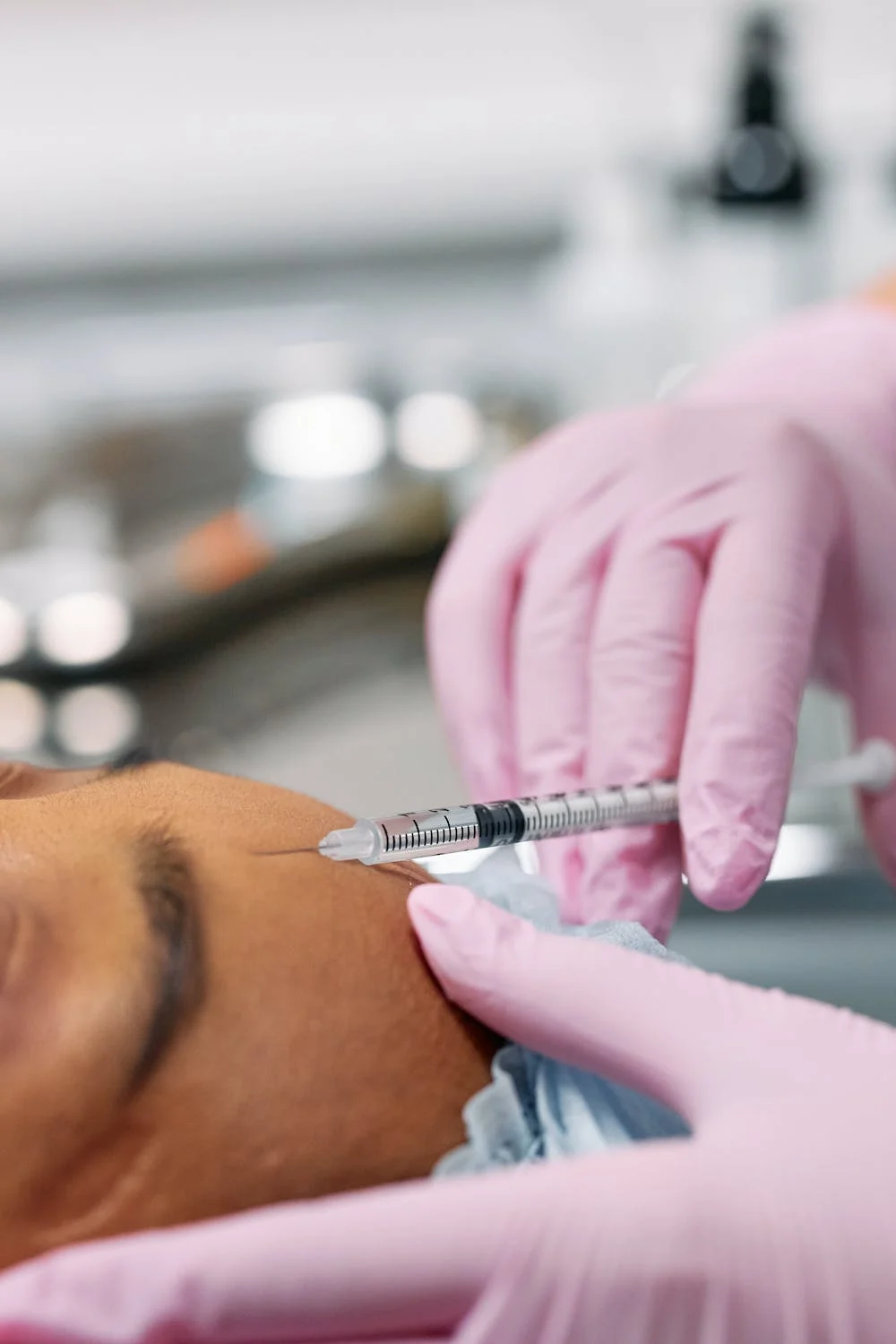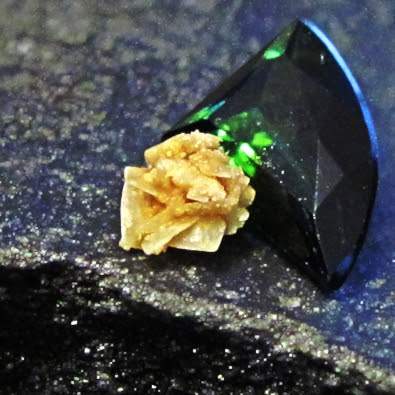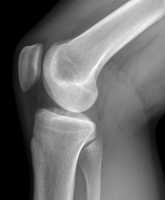Author Interviews, Orthopedics, Surgical Research / 27.11.2024
Risks and Complications Associated With Anterior Cervical Discectomy
 While anterior cervical discectomy surgery has become a widely accepted and frequently performed procedure to relieve spinal cord or nerve root compression, it is not without potential risks and complications. These can range from common surgical risks, such as infection, to more procedure-specific complications like nerve damage, dural tears, and the possibility of recurrent disc herniation. As there is a critical need for increased awareness and understanding of these challenges, it is essential to engage in a thorough exploration of the potential outcomes and their management tactics.
While anterior cervical discectomy surgery has become a widely accepted and frequently performed procedure to relieve spinal cord or nerve root compression, it is not without potential risks and complications. These can range from common surgical risks, such as infection, to more procedure-specific complications like nerve damage, dural tears, and the possibility of recurrent disc herniation. As there is a critical need for increased awareness and understanding of these challenges, it is essential to engage in a thorough exploration of the potential outcomes and their management tactics.





























